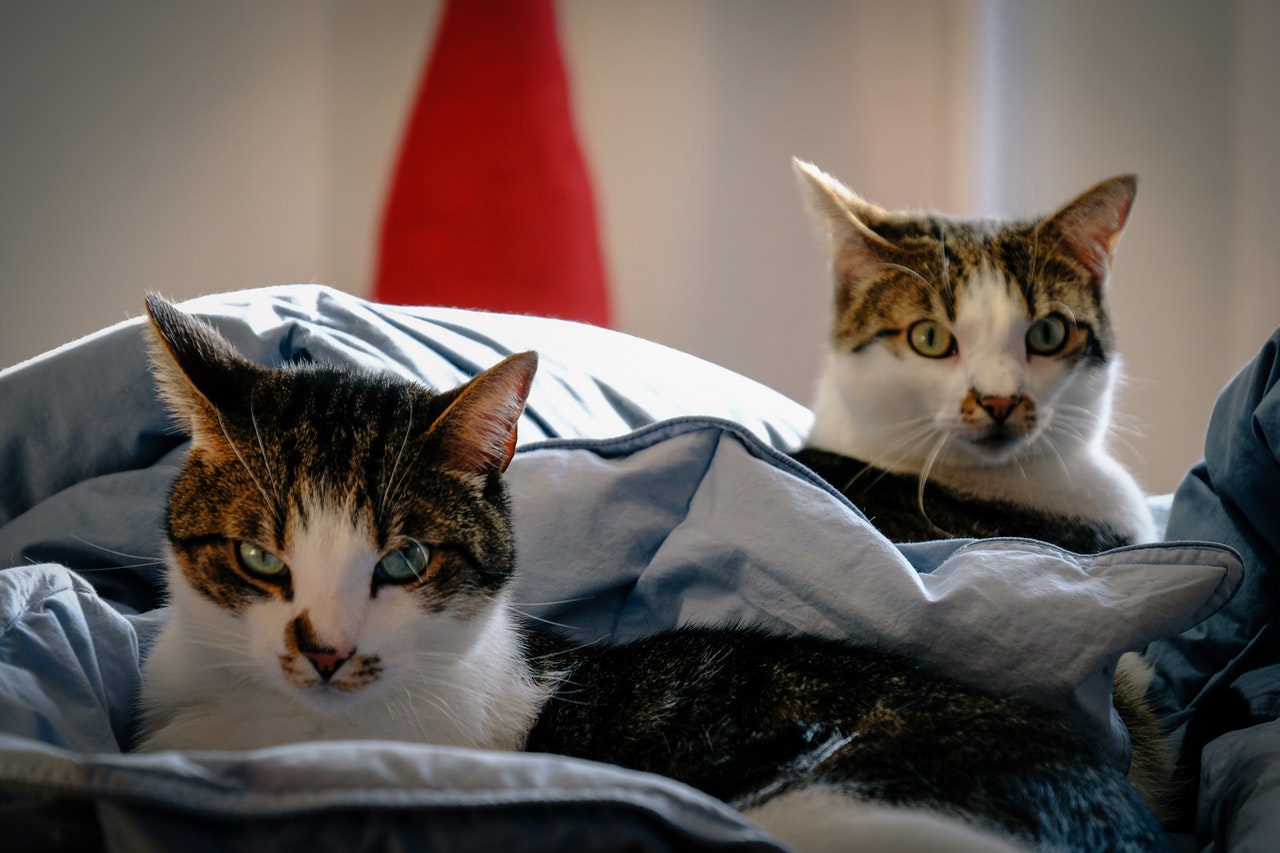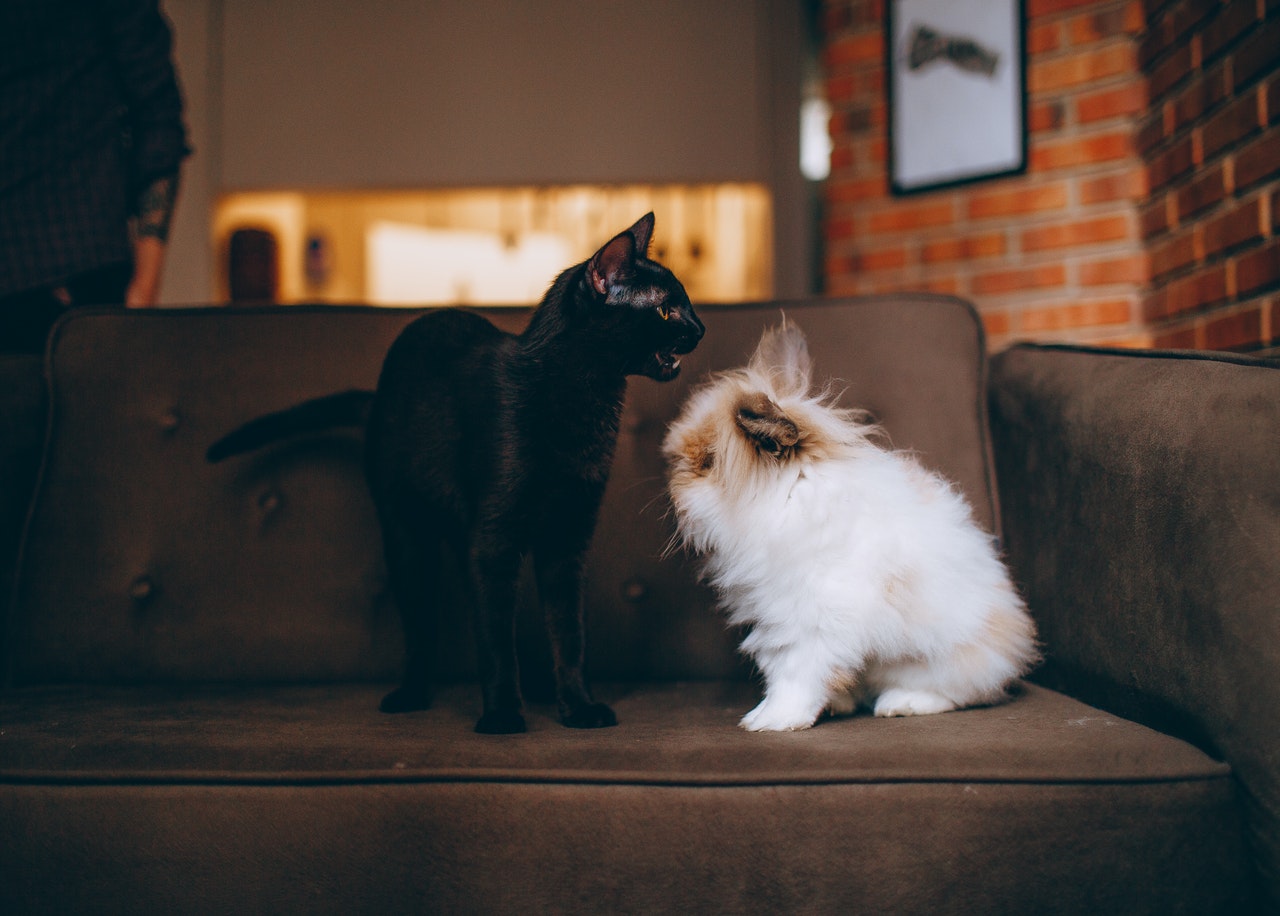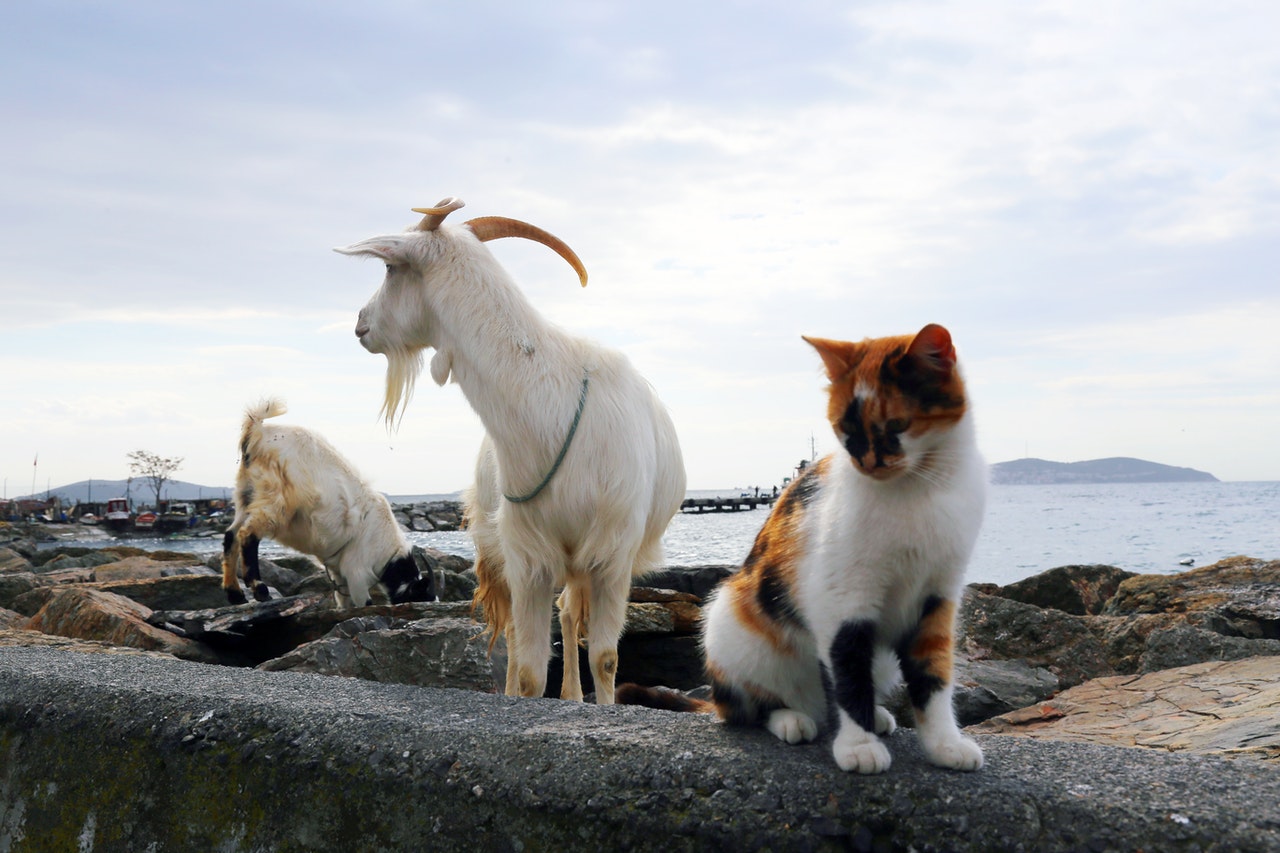While dogs may be considered “man’s best friend,” did you know that we’re actually more closely related to cats? According to a 2007 study, geneticists found a 90% genetic match between cats and humans, as opposed to an 85% genetic organizational match between dogs and humans. Considering how much we have in common with our feline friends, it might not surprise you to learn that cats are as individual as we are. Some cats fit the stereotype of being icy and remote, but others are affectionate and friendly, even clingy. In some cases, bonding with her human family may not be enough for a kitty. Does your fur baby need a cat companion? Let’s learn the signs of cat loneliness to find out.

Signs your cat is lonely
Unfortunately for us, our kittens can’t verbally express how they’re feeling. The good news is that they have other ways of telling us what’s wrong. (There’s also an app you can use to gauge your cat’s mood.) Here’s what you should look out for:
- Urinating or defecating outside the litter box
- Increased aggression, such as biting and scratching
- Overgrooming, sometimes so extensively they leave bald patches
- Excessive vocalization
- Sleeping too much
Cats displaying signs of depression or anxiety could be having trouble adjusting to their new home, especially if they’ve recently been separated from littermates. However, cats are notorious for concealing illness and injury, so it’s always a good idea to have your cat checked out by a vet if she suddenly begins exhibiting unusual behaviors.
Her refusal to use the litter box could be an indication of kidney problems, and her incessant yowling might be her way of telling you that she’s in pain. If the vet gives your cat a clean bill of health, then it’s possible her behavioral changes are due to loneliness. Fortunately, that’s an easy fix.
Should cats be adopted in pairs?
According to the experts at VCA Hospitals, “Cats are family-oriented and usually live with their relatives… For this reason, cats often do well adopted in pairs.” Additionally, those who adopt two kittens from the same litter are also more likely to keep their cats than people who adopt only one kitten. This is likely due to something called “single kitten syndrome,” which often causes kittens adopted alone to become more aggressive with humans as adults.
While we’re more likely to tolerate the occasional nibble from a curious kitten, adult cats are often rehomed when their inappropriate behavior becomes troublesome. Research shows that kittens need the company of other kittens to learn how to socialize and behave properly. When kittens play together, they learn from each other not to bite or scratch too hard. Not only is adopting two kittens better for their mental development, but two kittens are actually easier to take care of than one. Kittens are tiny bundles of energy, requiring lots of our time and care. But your tiny fur baby will need less of your attention if they have a playmate around.

Unusual best friends
While kittens seem happiest when they’re adopted in pairs, that doesn’t always mean your adult cat will get along with a new kitten. In fact, some cat breeds actually seem to prefer the company of dogs. Abyssinian, Birman, and Maine Coon cats tend to bond easily with our canine companions. But man’s best friend isn’t the only potential companion for your cat. Other options include:
Rabbits
As long as you supervise their initial visits, cats and rabbits can develop a surprisingly tight-knit friendship. Make sure you spend plenty of time allowing your fur babies to adjust to each other before turning them loose. You can start off by leaving your rabbit in a large cage, allowing your cat to adjust to the sight and scent of her new friend before allowing them to play together.
Goats
Just like cats, goats are highly social and do best when they have at least one other goat for a playmate. Goats easily befriend sheep, cows, and horses, but they’re also fond of cats. A newborn Nigerian Dwarf goat named Hector nearly broke the Internet with his adorable antics. Hector’s chosen playmates? A barn cat and her litter of orange kittens.
Horses
When you think of #friendshipgoals, you don’t usually think of cats and horses. According to the experts, these two opposites are frequently drawn to each other. Like dogs, horses are herd animals, but horses are typically much more sedate. Some dogs may frighten cats with their boundless enthusiasm, but curious kittens find massive, laid-back horses fascinating. Horses have an innate fear of predators, but they’re quick to warm up to comparatively small, nonthreatening cats.

Your cat is a member of your family, and her health and happiness are important to you. If you notice your feisty feline showing signs of loneliness, you may want to consider adopting another animal to keep her company. (A second cat, a dog, a goat, or even a rat will do.)



